Possible Signs and Symptoms You May Have an Infected Root Canal
Here are the possible root canal symptoms and signs that indicate infection.
Each year, endodontists perform root canals on millions of teeth in the United States.
A root canal is a leading procedure to help reduce tooth pain and make the tooth healthy once more. As improvements in healthcare services help push life expectancy ever higher, the need for root canals grows all the more prevalent. Patients over 65 years of age make up about 26% of root canal treatments.
While the procedure is a necessity and also safe, there are root canal symptoms you might experience that can mean infection. In this article, we’ll cover all the basics around the procedure, as well as possible signs to look out for that mean you have a root canal infection.What's a Root Canal?
A root canal is a type of endodontic treatment. The word "endo" comes from Greek and means "inside". "Odont" also comes from Greek and translates to "tooth". This is why endodontic treatments all refer to procedures that take care of the inside of the tooth.
When you get a root canal, the pulp on the inside is taken out. The inside of the tooth is then cleaned, filled, and sealed. Several days to a couple of weeks later, you'll then visit a dentist to have a crown placed over the affected tooth. The crown will help to provide further protection for the tooth and allow you to bite and chew normally.
Advances Made in Root Canal Treatment
There have been many advancements made in equipment, technology, and even anesthesia to help make root canal treatments far faster.
The advancements in endodontics include things like how a tooth is prepared for a root canal and how disinfection occurs during the procedure. These advancements have also led the procedure to be almost painless.Do Root Canals Hurt?
Before you undergo the procedure for a root canal, you're given anesthesia. This numbs you to any potential pain.
Any root canal pain you experience will likely come after the procedure is over. You may experience soreness or mild discomfort for a couple of days.
Root Canal Symptoms: Signs You Need the Procedure
There are several reasons that might lead to you needing a root canal. If you're noticing that your teeth are sensitive to hot or cold, you might need a root canal.
Other common signs that mean you may need a rotal canal include:
- cracked or damaged tooth
- deep cavity
- issues with an old filling
- pimples on the gums
- swollen or sore gums
- darkening of the gums
If you are experiencing any of these symptoms, you should make an appointment with an endodontist as soon as possible. The services an endodontist provides are specially tailored for handling this type of dental problem.
Signs You Have an Infected Root Canal
Root canals are a common procedure performed every day in America. Though complications are few and far between, that doesn't mean an infection afterward is impossible.
If you're concerned you might have an infected root canal, knowing the warning signs is important. Some of the most typical warning signs of an infection forming after a root canal has been performed include:
- pain that doesn't stop or even worsens after a few days
- sensitivity to hot and cold persists
- ample amounts of swelling
- a lump forms on the gums near the procedure site
- the tooth darkens in color
- puss seeps out or a foul odor comes out
There are a variety of factors that can lead to a tooth becoming re-infected after a root canal procedure. The most common is that the person delays having a permanent crown placed over the tooth. Without the crown in place, bacteria can enter the tooth and contaminate the area.
Should your tooth be re-infected after a root canal, you'll need to visit an endodontist once more. The tooth may not be hopeless yet. It's possible for a second root canal procedure to be done on the damaged tooth.
What to Do After Having a Root Canal
After you've had a root canal, you should try to avoid chewing or biting down on the treated tooth. Until you have a cap placed on the treated tooth, it is possible for it to become cracked or chipped.
Beyond this, be sure to practice good oral hygiene. You should brush and floss your teeth three times a day. If you like using mouthwash, you may continue to use it as well.
A tooth that has undergone a root canal should behave and last as long as your other natural teeth. However, if you experience a crack or chip, or any type of trauma to the tooth, it can become infected. If the tooth becomes infected, you will need to revisit the endodontist.
How Endodontic Treatment Can Save a Tooth
With endodontic treatment, the infected or inflamed pulp inside the tooth is removed. The endodontist then cleans and shapes the root canal that's inside the tooth. Once that is complete, the endodontist will then fill and seal the tooth.
After sufficient time has passed to allow for healing, a second appointment will occur. During this appointment, a dentist will most likely place a crown on the tooth to help protect it. From then on, the tooth should cease being sore and function like any other normal, healthy tooth.
Take Care of Your Teeth
The best way to avoid needing a root canal is preventative care. Take care of your oral health. The state of your teeth can affect the overall health of your body.
However, in some cases, genetics can leave people with teeth that damage easily and may need a root canal because of this. Whatever the case is, there have been great leaps in advancements to endodontic care to make the procedure faster.
Best Dentist in Roseville
We hope you found this article on root canal symptoms informative. If you are experiencing toothaches and the tooth appears darkened, seek dental care at once. The problem will only continue to worsen.
GKS Family Dentistry is here to help with the latest dental equipment and techniques. Contact us today to book an appointment.
Call us today!
813-543-6915
OFFICE HOURS
- Mon - Wed
- -
- Thursday
- -
- Fri - Sun
- Closed
All Rights Reserved | Carmichael Smiles


